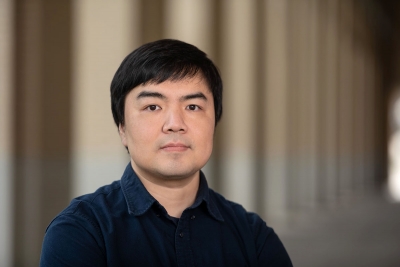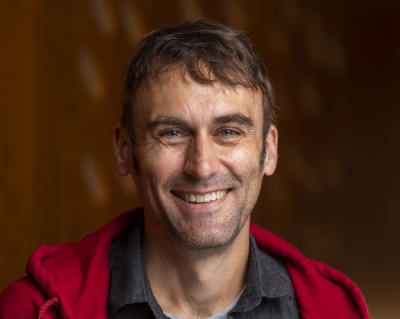Over the past decade, the ability to sequence genomes from both present-day and archaic humans (including our closest evolutionary relatives, the Neanderthals) has transformed our understanding of human history. Analyzing these genome sequences paints a picture of human history in which present-day humans migrated out of Africa but exchanged genes with multiple archaic human populations.
I will describe statistical methods that identify segments of DNA inherited from archaic humans that are surviving in our genomes today and how these maps of introgressed archaic DNA are providing insights into human migration and biology. Despite this progress, our understanding of the contribution of archaic introgression to populations in Africa remains limited, in part due to the challenges in obtaining ancient DNA in Africa. Leveraging recently developed approaches that enable inferences about archaic populations without access to their genome sequences, we show that west African populations today inherit substantial genetic ancestry from an as-yet-unidentified archaic ghost population that diverged prior to the split of modern humans and Neanderthals. Finally, we combine maps of introgressed Neanderthal DNA with phenotypic datasets collected in hundreds of thousands of individuals to assess the contribution of introgressed Neanderthal DNA to complex traits.
I will discuss the implications of these results for our understanding of human evolution as well as the statistical challenges that need to be solved in this endeavor.
Bio: Sriram Sankararaman is a professor in the Departments of Computer Science, Human Genetics, and Computational Medicine at UCLA. His research interests lie at the interface of computer science, statistics and biology. His lab develops machine learning algorithms to analyze genomic data and biomedical data with the broad goal of understanding the interplay between evolution, genomes and traits.
He received a B.Tech. in Computer Science from the Indian Institute of Technology, Madras, a Ph.D. in Computer Science from UC Berkeley and was a postdoctoral fellow in Harvard Medical School before joining UCLA. He is a recipient of a NSF Career Award, NIH Pathway to Independence Award, and fellowships from Microsoft Research, the Sloan Foundation, the Okawa Foundation and the Simons Institute.







